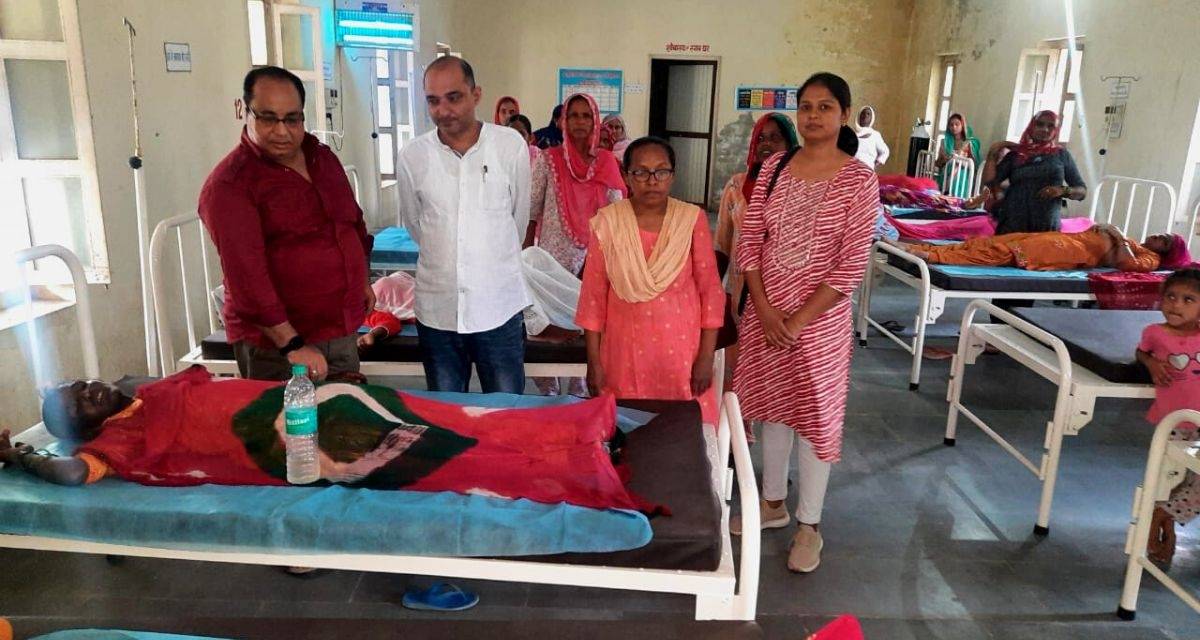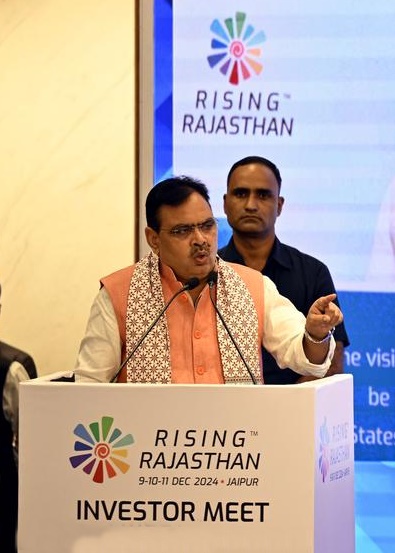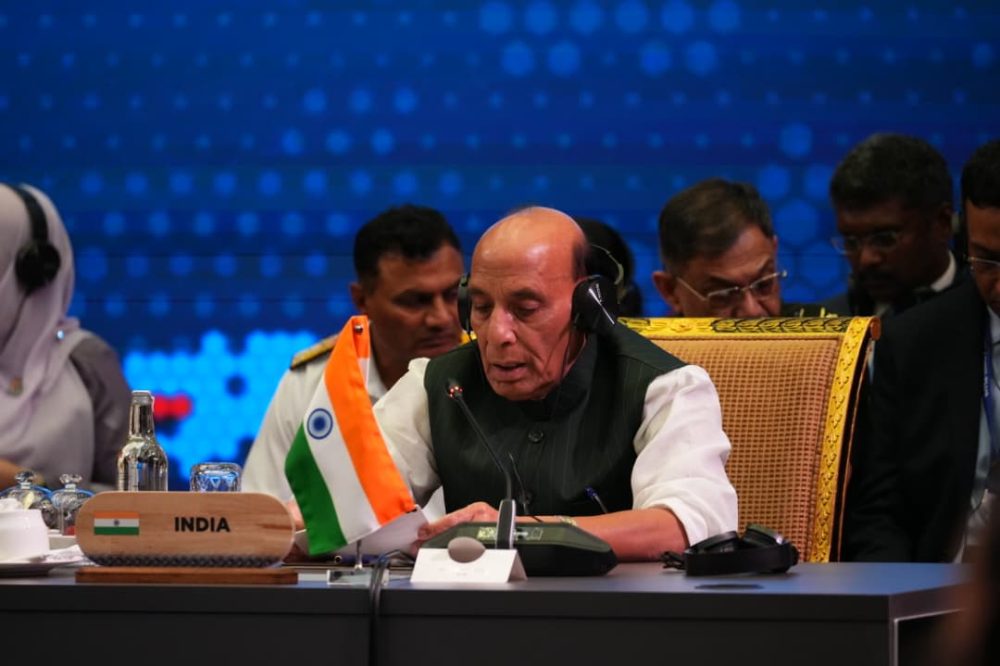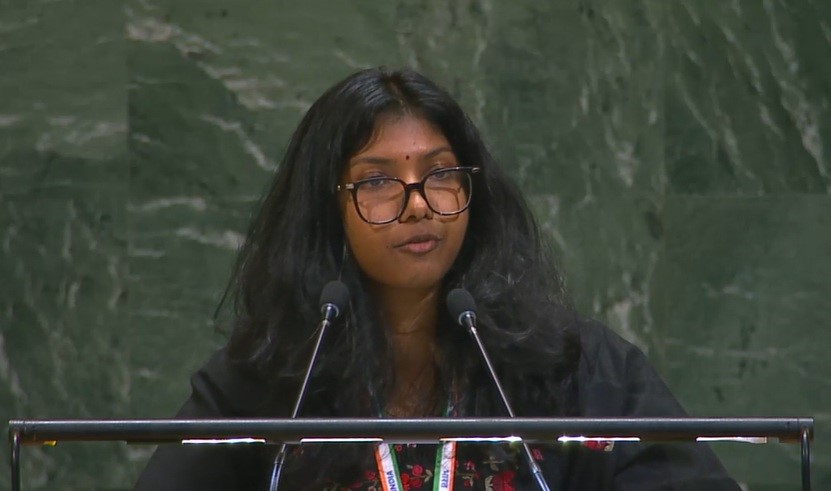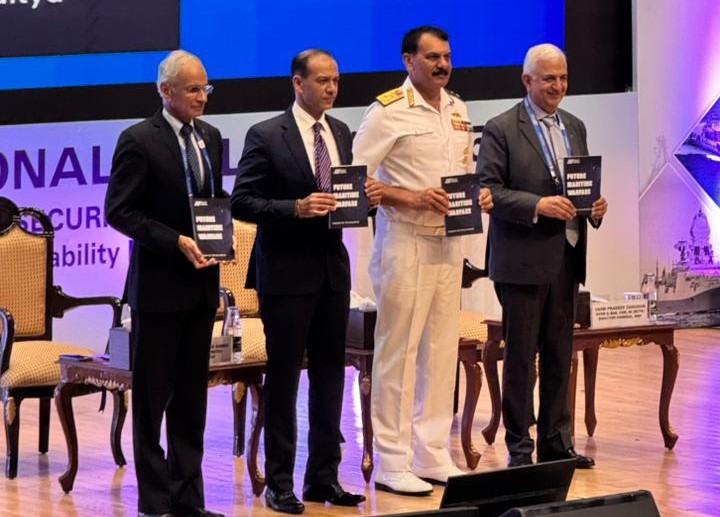Deaths, health complications and failure of the surgery itself have become a common occurrence with relation to the sterilisation campaign in Rajasthan…reports Asian Lite News
Charanjeet Kaur is an accredited social health activist (ASHA) from Sangariya town in Rajasthan’s Hanumangarh, who goes from house to house to spread awareness about family planning, convincing the men to undergo sterilisation rather than their counterparts. This falls under her list of duties as the grassroots worker of the healthcare system under National Rural Health Mission.
“But they are not ready. Instead, they push their wives to get it done,” Kaur shares her experience.
Charanpreet Kaur, from village Malarampura had undergone sterilisation years ago, but still faces health complications due to the procedure. The procedure took place after the birth of her second child and resulted in severe abdominal pain and affected her menstrual cycle too.
“I got treatment in many places but it did not get better. Eventually, the surgeon operated and removed my uterus which helped to deal with the abdominal pain. However, I still have trouble lifting certain heavy objects,” Kaur said, adding that other women who have undergone similar surgeries face these problems too.
Dr Manoj Arora, the CMHO of Pilibanga block in Hanumangarh district, who performed over 45,000 sterilisation procedures in the last 18 years, argues that sterilisation among men is comparatively safer and easier to perform.
“In men, it is a minor procedure that requires no incision or stitches.” However, men continue to push their wives to get a surgery, rather than stepping up.
One wonders why would the families opt for a riskier option?
Biru Ram of the same village answers this reporter: “Vasectomy affects manhood. That is why I never got it done. To maintain masculinity among men, women are getting sterilisation done.”
In Rajasthan, the burden of family planning seems to have fallen on the women alone, as most men seem to be wary of sterilisation, stating they fear the side effects of vasectomy would be a reduction of sexual drive.
This, despite the fact that several botched sterilisation procedures have even led to deaths of women.
One look at the numbers between 1991 and 2022 can highlight the gender skew in Rajasthan’s sterilisation campaign. In 1991-92, over 1.73 lakh of such surgeries took place with only 4,759 men getting vasectomies. In the latest figures (till December 2021), only 1,642 men got themselves sterilised out of the total 50,261 procedures that year. The data indicates how things have barely progressed in the last three decades in this sphere for women.
Unsafe sterilisation camps
To accomplish periodic targets, the state government has set up mass sterilisation camps. However, these camps are often ill-equipped and hazardous.
In 2016, while hearing petitions related to the deaths of women at these camps, the Supreme Court had urged the Centre to shut such sterilisation camps within three years. The apex court also came down heavily on state governments for delegating NGOs with the responsibility to run these camps.
Despite the three-year timeline set by the Supreme Court to shut these camps, the Rajasthan government has turned a deaf ear to the order. These camps continue to run in the name of family planning, and have recently been under the radar after several deaths were reported due to staff negligence.
On June 30, 2020, 25-year-old Maina Devi had passed away after a careless tubectomy at a camp organised by an NGO in Churu district’s Sardarshahar. After an investigation was ordered by the district collector following the woman’s death, it was found that no fitness or eligibility check was done on Maina or the 42 other women who had undergone sterilisation procedures at that camp. This exposed the negligence on part of the NGO’s surgical team. Besides, both the anaesthetist and female specialist were not present during the surgery.
Less than a week later, another sterilisation-related death was reported from Sriganganagar district. A camp was organised in the district’s Suratgarh where two women – Sharda, 28, and Santhosha, 35 – died during procedures.
The stories are never-ending
Balvinder Singh, a former member of Lok Adalat in Hanumangarh, said, “There is no proper care taken at sterilisation camps. Due to haste, lack of follow-up and poor quality of work, cases of botched sterilisation surgeries are rising.”
Deaths, health complications and failure of the surgery itself have become a common occurrence with relation to the sterilisation campaign in Rajasthan.
An amount of Rs two lakh is awarded from the state’s medical department if a woman dies in the hospital during the sterilisation surgery or within seven days of discharge. While Rs 50,000 is the compensation amount paid if death occurs anywhere between eight to 30 days after discharge, Rs 30,000 is given if the procedure fails. Besides, if a woman faces health complications as a result of the surgery within 60 days of discharge, Rs 25,000 compensation is paid.
Though in reality, women have to run from pillar to post to claim these amounts.
Maya Devi and her husband Chandrabhan Soni, natives of Hanumangarh district’s Rawatsar, said they have been waiting for compensation for over 15 years. Soni said that his wife had undergone a surgery in 2005. However, she got pregnant again. Not only did they approach the health department seeking compensation, they even lodged a case with the Lok Adalat. In 2009, upon court’s direction, the duo submitted an application to the health department but failed to receive any response till date.
Courts to the rescue
With the compensation process complicating things, women are forced to approach the courts. Prayas Chittor, an NGO in Rajasthan, helps the women to take a legal course against failed sterilisation surgeries.
NGO director Chhaya Pancholi said that many women are unaware of the fact that they are entitled to compensation in case sterilisation procedures fail.
“Even if they apply, the health department rejects their applications claiming lack of sterilisation certificates,” said Pancholi.
Pancholi said that her NGO takes up the issue of botched sterilisation surgeries with the health department; but the department never takes up any responsibility.
“That’s why we have to approach the court,” adding that there is a huge disparity between the real figures of failed sterilisation against the documented ones. According to Pacholi, out of 70 writ petitions filed by her organisation regarding botched or failed sterilisation cases, 64 have witnessed the decision in favour of the women.
Vasectomy myths
As per official numbers, the proportion of men undergoing vasectomies in Rajasthan – at 1.5 per cent – is very low.
To increase the participation of men in family planning, several vasectomy camps are organised in the state. However, men simply stay away.
Dr Ravi Khichar, the CMHO of Sangariya block, said, “We are constantly trying to bring awareness among men but success has been negligible though women, after sterilisation procedures, face various complications.”
Dr Arora echoes Kichar’s statement, establishing that vasectomy has “no adverse effect on the sexual drive.”
He added that risk of infection or any long-term health implication of vasectomy in men is zero as compared to sterilisation among women.
Khichar said that, in many cases, there have been domestic disputes over the wife becoming pregnant after her husband’s vasectomy fails.
“The husband often doubts the character of his wife.”
In Ajmer district, things got heated up after a woman got pregnant despite her husband being sterilised. The issue was settled only after the health professionals declared it to be a failed vasectomy.
Suggested solutions
Singh suggests that the doctor-in-charge should be held responsible legally in case of negligent sterilisation.
Meanwhile, Sanjay Arya, the secretary of Social Common Cause and Education Society, believes there is undue pressure on healthcare staff to deliver on sterilisation targets.
“The goals of sterilisation should not be imposed on doctors, officers and employees of the health department. When work is done under pressure, mistakes happen,” Arya said.
Despite many assurances from the health officials, the efforts to promote vasectomy for better family planning is yet to be captured in terms of official numbers.
This story is part of our new series that envisions to cover stories around maternal health in rural India.
ALSO READ-46th edition of Dance Drama – ‘Krishna’ to be held in Delhi from Aug 16-19


